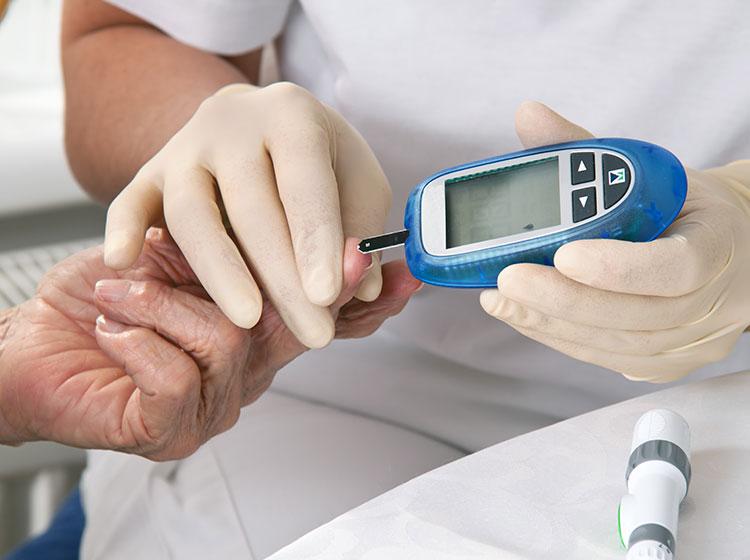Insulin is a hormone that controls glucose levels in your body. If you have diabetes, your body does not produce sufficient insulin or cannot use the insulin it produces effectively, leading to elevated blood sugar levels. You should go for critical care medicine Humble if you have diabetes to prevent or reduce your risk of its complications. Because diabetes destroys blood vessels, nerves, tissues, and organs, there is a risk of developing health conditions, such as stroke, heart attack, eyesight problems, and loss of sex drive.
There are different types of diabetes, each having causes that are different. You can prevent some types of diabetes by living healthily. Consequently, below are the types of diabetes you are likely to get.
- Type 1 diabetes
Research indicates that type 1 diabetes is an autoimmune disorder characterized by the body’s immune cells attacking and permanently destroying healthy cells that make insulin in your pancreas. Initially, type 1 diabetes was referred to as juvenile diabetes or insulin-dependent because it was thought that the condition developed only in children, and you have to take insulin regularly. However, any person at any age can have type 1 diabetes.
About 10% of people with diabetes in the country have type 1 diabetes. The autoimmune disorder may result from an infection by a virus, removal of the pancreas surgically, or physical trauma. Also, you are more than ten times at risk of type 1 diabetes if your family has a history of the condition.
- Latent autoimmune diabetes of adults (LADA)
Also called Type 1.5 or Type 1 ½ diabetes, latent autoimmune diabetes in adults shows similar features to type 1 and type 2 diabetes. Unlike type 1 diabetes, the progress of LADA is slower, like type 2 diabetes, which makes you not require insulin medication for numerous years after diagnosis.
Eventually, you will need insulin medication because there is less or no insulin production.
If you have been diagnosed with type 2 diabetes and oral medications and healthy lifestyle choices are not helping you to control the condition, you may have LADA.
- Gestational diabetes
Gestational diabetes develops during pregnancy and disappears after you have given birth. Still, gestational diabetes may affect the health of your child and increase your risk of type 2 diabetes.
When you have gestational diabetes, symptoms you may experience include an unusual level of thirst, more hunger making you eat excessively, and frequent urination.
It is unknown why you may develop gestational diabetes while other women do not. But, clinical studies show that you may be more prone to gestational diabetes if you are obese or overweight.
- Prediabetes
Also called impaired glucose tolerance, prediabetes indicates your blood sugar level is higher than normal. Without adopting healthy changes in your lifestyle, you become susceptible to type 2 diabetes.
- Type 2 diabetes
As the most common type of diabetes, type 2 diabetes mainly affects middle-aged and older people. The common symptoms of type 2 diabetes are fatigue, blurred vision, increased thirst, and regular urination.
Contact North Houston Diabetes Institute today to schedule an appointment with a diabetes specialist.




